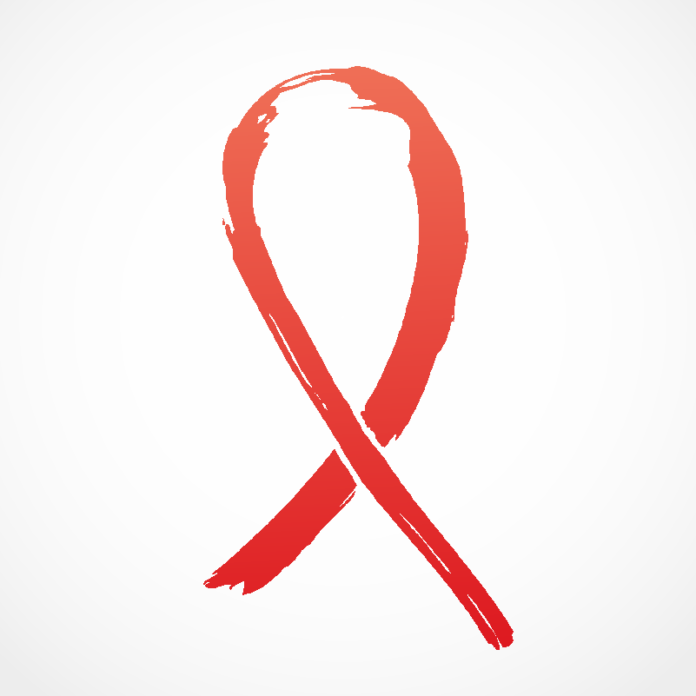
SUFFERERS of a specific type of blood cancer could be spared gruelling chemotherapy regimes thanks to a new test developed in Queensland.
THE world-first tool helps predict how patients with a specific form of non-Hodgkin’s lymphoma – known as Diffuse Large B-Cell Lymphoma (DLBCL) – will respond to standard treatments.
This means those who are unlikely to benefit from chemotherapy and immunotherapy can be detected early and spared punishing medical regimes.
Professor Maher Gandhi, who developed the test at the University of Queensland’s Diamantina Institute, says being able to pick the right treatment from the diagnostic outset is critical.
“It can be fast growing and aggressive, so early diagnosis is vital, as is swift treatment,” he said.
The test also acts as an accurate yardstick in a patient’s application for alternative medications, which can be very expensive.
Up to 2000 Australians are diagnosed with this type of cancer each year, Prof Gandhi said.
Leukaemia Foundation Queensland CEO Bill Petch praised the test as a “game-changer” for the treatment of DLBCL.
But it could also have significant implications for how patients access drugs in the future, he said.
The research, which was published in the Lancet Haematology journal, was partly funded by the Leukaemia Foundation Queensland.
Researchers are now seeking a provisional patent for the test and are working with commercial partners to further develop the technology.
